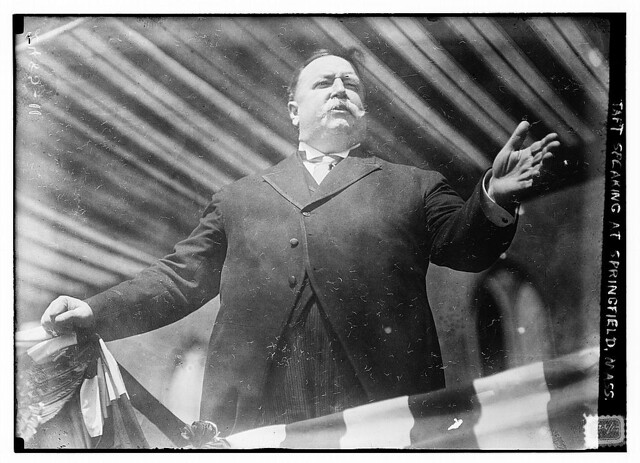
You need to find sources for an annotated bibliography that will set you up to analyze a speech. No worries! This guide will step you through the process.

When analyzing a text rhetorically, you need to understand who is speaking, to whom they are speaking, and the socio-historical context of the text. In this case, you will analyze a speech. To understand the nuances of the speech as a rhetorical act, you might find this strategy effective, working in a funnel shape.
First, get enough background information to understand why the speech was made and what was at stake. A quick overview from Wikipedia or a specialized encyclopedia in the reference section can help you get started. While you don't want Wikipedia to be one of your sources, it can give you the big picture and some keywords for the next stage.
Second, understand the historical moment. Books can be useful for this - look for recent scholarship about your speaker and the event they were addressing. Then, with a deeper understanding of that moment in time look for primary sources that can put you in that moment by seeing what people were saying about the speech when it happened.
Third, see what scholars have had to say about the speech. They may help you see how others have analyzed the speech rhetorically, which may give you some insights as you do your own, original rhetorical analysis. Here, you're not looking for answers, you're looking for ideas and approaches. Ultimately, once you've gathered all of these sources, you'll be prepared to do your own analysis backed up by things you learned from primary sources, historians, and from communication scholars.

Images: President Taft speaking in 1912, courtesy of the Library of Congress; World War II poster, courtesy of the National Archives. Both images are in the public domain.
Wikipedia is pretty great. You don't want to cite it - it's too basic - but it can give you a quick understanding of the speech and its impact or (if the speech doesn't have an article of it's own) the issue the speech was about.
We also have reference books that can help. Check the guides for history or communication studies.
You might want additional context. On the lower level, you can find popular magazines from the week or month of the speech. Magazines and journals are shelved alphabetically by title. Once you find the magazine, they are shelved chronologically. These magazines might give you a bit of historical insight about what Americans were reading at the time of the speech.
You will be doing your own analysis, but looking at how other communication scholars have approached the speech or have analyzed other things your rhetor spoke or wrote may give you useful ideas about how to think critically about your speech.
This work is licensed under CC BY-NC-SA 4.0